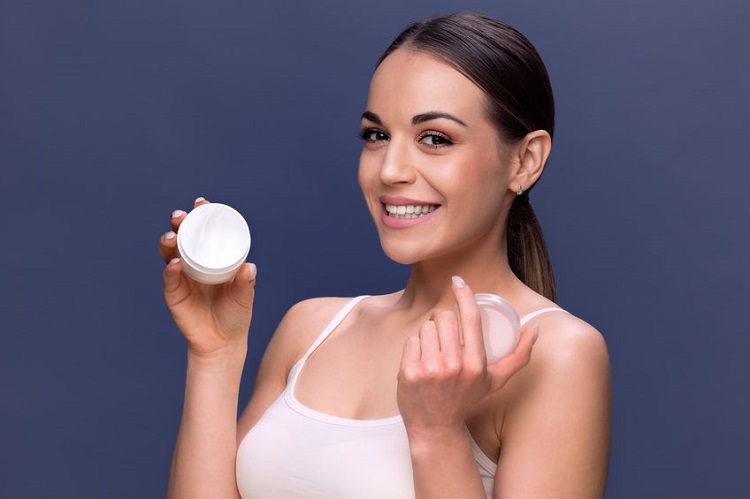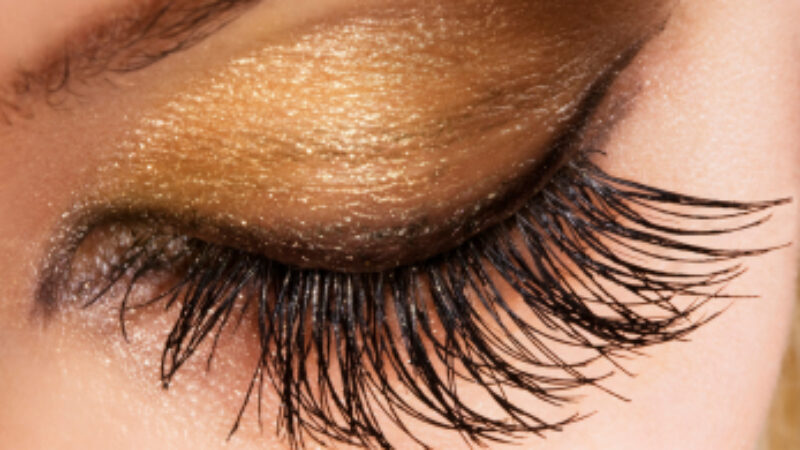Squalane and squalene have both long been used in cosmetics and skin care products, and while the variance between the two in spelling may seem insignificant, the ramification of this tiny distinction is considerable. Shakespeare asked, “What’s in a name?” When it comes to squalene and squalane, we think there’s a world of difference.
First off, what is squalene? It’s a natural compound that all animals, even humans, produce. An oil naturally occurring in the skin’s sebum and essential in the synthesis of cholesterol, steroids, and vitamin D in our bodies, squalene makes up about 10 – 12% of our skin surface. However, production declines as we age and by the time we hit 50, that number is thought to dwindle down to only 5%.
Squalene was originally sourced from shark livers. Making up as much as twenty-five to thirty percent of the shark’s entire body mass, the superfatted liver is needed for sheer buoyancy of these ocean creatures. In fact, up to 80% of the oil in the sharks’ livers is made up of squalene.
Since we first wrote about squalene and its skin benefits a decade ago, issues of sustainability and the preservation of endangered species have become increasingly important. Many skin care and cosmetic companies have made genuine efforts and progress with regard to the source of squalene, in keeping with the general and laudable trend of moving toward more plant-based ingredients.
Fortunately, squalene is now happily sourced mainly from sustainable sources including olives, rice and sugar cane. With the help of the hydrogenation process, squalene is converted to the more stable version, squalane, the form which is now more commonly used in skin care preparations. Hydrogenation allows the oil molecule to have a longer shelf life and resist rancidity.
While squalane acts as an excellent moisturizer, its benefits go beyond simple hydration:
- Squalane is naturally antibacterial.
- It possesses antioxidant properties to help protect the skin against free radical damage.
- Squalane is quickly and easily absorbed and thus ideal as a carrier for other active ingredients.
Plus, it works all its magic without clogging pores.
You’ll find this skin-worthy ingredient in Apothekari Daily Infusion, Complex 15 Face Cream and Body Lotion and La Roche Posay’s Toleriane Ultra moisturizer.




